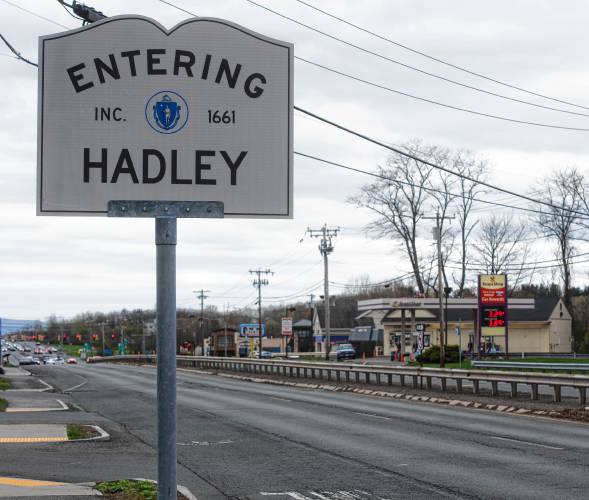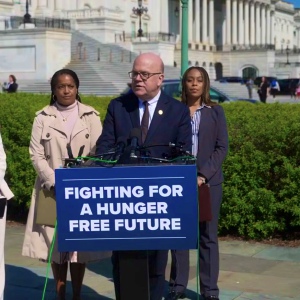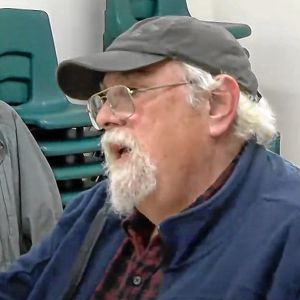Worcester company sues Hadley Planning Board over denial of standalone battery permit

Hadley 04-19-2023
| Published: 02-24-2025 1:06 PM |
HADLEY — A Worcester company denied permission to place a standalone battery in a Breckenridge Road gravel pit is suing the town’s Planning Board, contending its Jan. 7 decision is legally untenable and “unreasonable, arbitrary and capricious.”
Attorneys for ZP Battery Devco, LLC on Jan. 31 filed the lawsuit in Hampshire Superior Court against the Planning Board, which voted 4-0 against issuing a solar energy special permit and a business use in aquifer special permit to the company.
Zero-Point has long eyed the 5-acre site on Breckenridge Road, owned by Karl’s Excavating, for a battery project with an estimated storage capacity of 5-megawatt AC, with eight battery containers and associated components.
According to the lawsuit filed by James Vevone and Todd Rodman of Seder & Chandler, LLP, of Worcester, there were several problems with the decision as written, including citing the location’s proximity to the Mount Warner wells and their previous contamination from perchlorate, a chemical found in rocket fuel.
The Planning Board’s decision also pointed to the proximity to homes and the playground at Zatyrka Park, and that more than half of the energy to be stored by the battery wasn’t coming from renewable energy sources, and thus the project would not be eligible under the so-called Dover Amendment of state law.
Zero-Point originally filed plans in December 2023, but the hearing was repeatedly delayed until the town got a bylaw in place allowing stand-alone energy storage systems, which had previously been prohibited.
The new bylaw allows stand-alone batteries, but puts limits on them, due to their potential impact on the aquifer and Hadley’s water supply. Though challenged by the developer, the attorney general approved the language of the bylaw, while cautioning that it might find too restrictive.
The attorney general’s office also warns that the bylaw’s provisions could be problematic if they “are used to deny an ESS, or otherwise applied in ways that make it impracticable or uneconomical to build solar energy systems and related structures,” and also expressed concern that the bylaw has the potential to be so limiting as to not allow for large-scale capacity.
Scott Merzbach can be reached at smerzbach@gazettenet.com.Article continues after...
Yesterday's Most Read Articles
 Long-vacant former Faces spot in Northampton gets new tenant
Long-vacant former Faces spot in Northampton gets new tenant
 Here come the sweetness: Four new businesses prepping to open in downtown Northampton
Here come the sweetness: Four new businesses prepping to open in downtown Northampton
 Local ‘Hands Off!’ standouts planned as part of national effort
Local ‘Hands Off!’ standouts planned as part of national effort
 Northampton schools probe staff response to student’s unfulfilled IEP
Northampton schools probe staff response to student’s unfulfilled IEP
 Area property deed transfers, April 4
Area property deed transfers, April 4
 Sabadosa, Velis push for state endometriosis task force to raise awareness about little-known illness
Sabadosa, Velis push for state endometriosis task force to raise awareness about little-known illness






 A father’s dream to be the best: Twelve men graduate from Nurturing Fathers program
A father’s dream to be the best: Twelve men graduate from Nurturing Fathers program McGovern co-sponsors bill that aims to stop ‘backdoor’ cuts to SNAP benefits
McGovern co-sponsors bill that aims to stop ‘backdoor’ cuts to SNAP benefits Hatfield Select Board removes elected Housing Authority member
Hatfield Select Board removes elected Housing Authority member Final interviews set for Granby school superintendent candidates
Final interviews set for Granby school superintendent candidates
